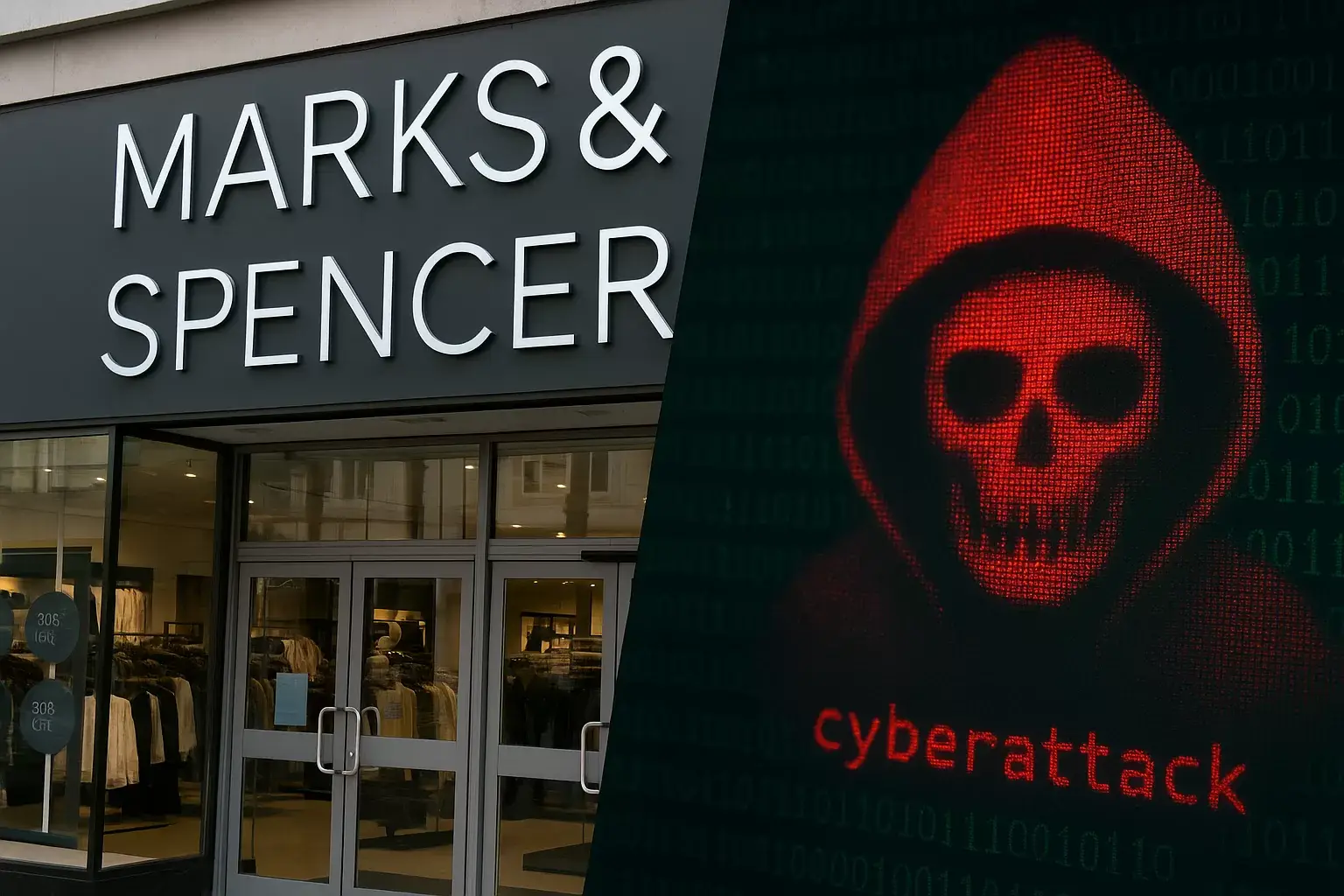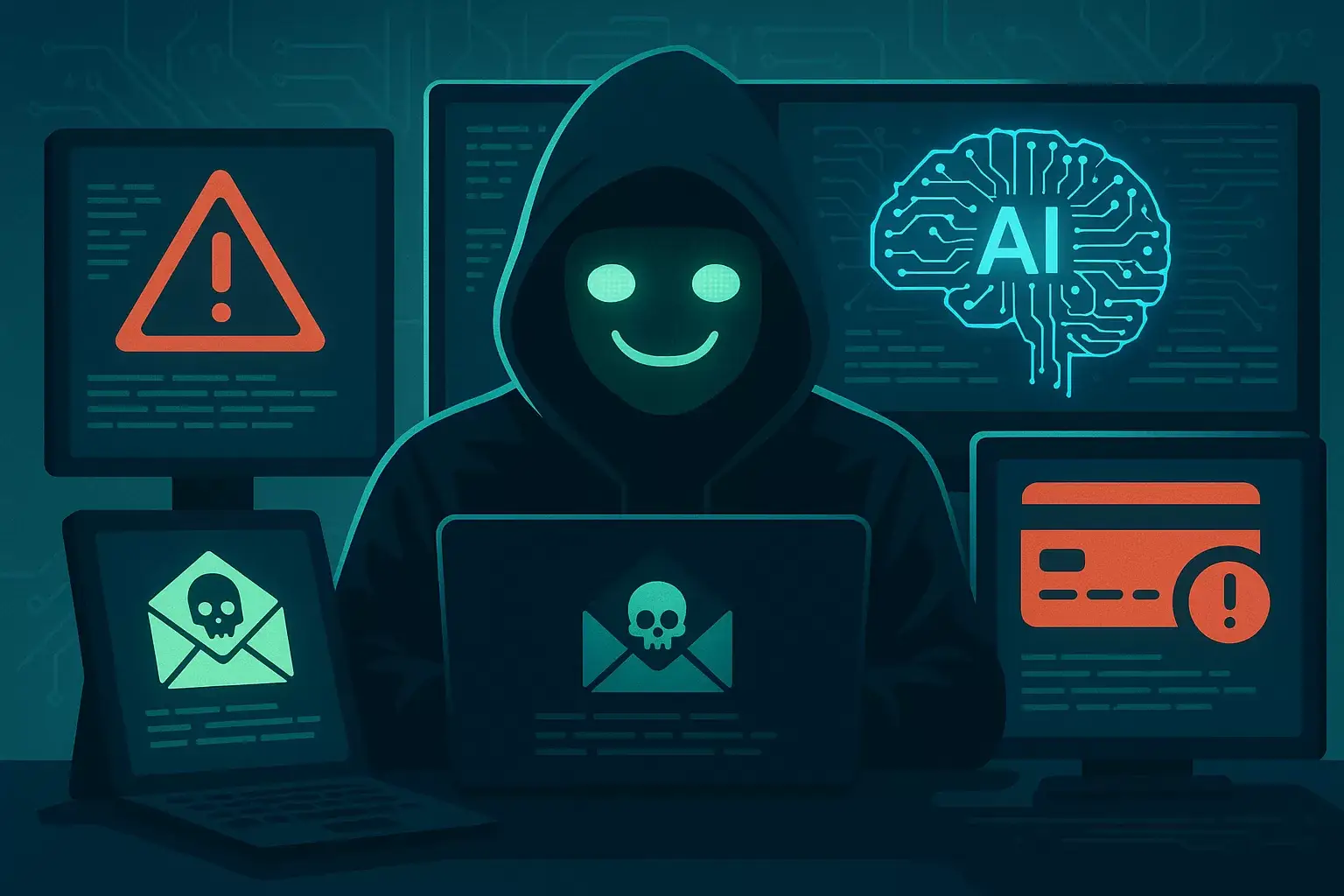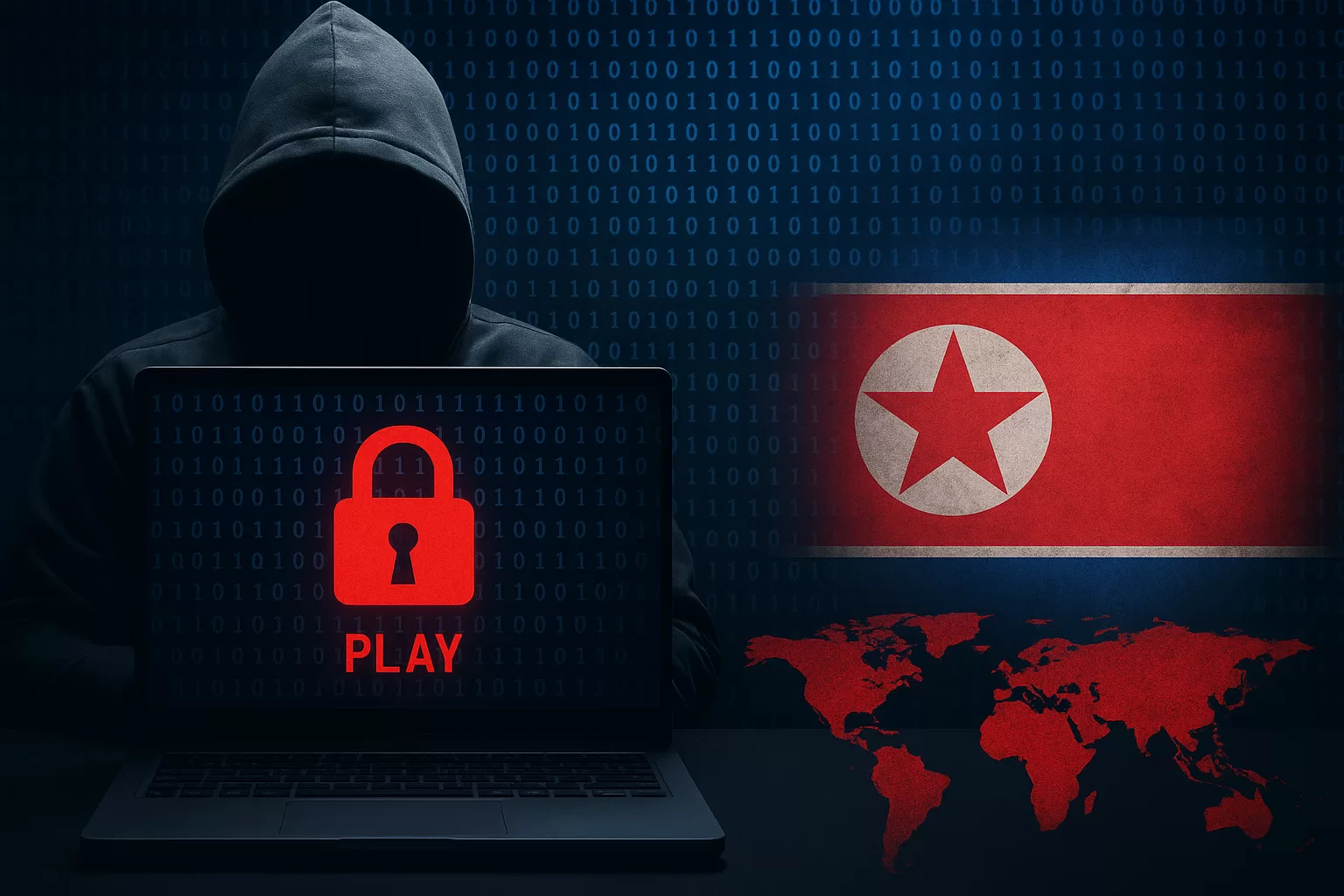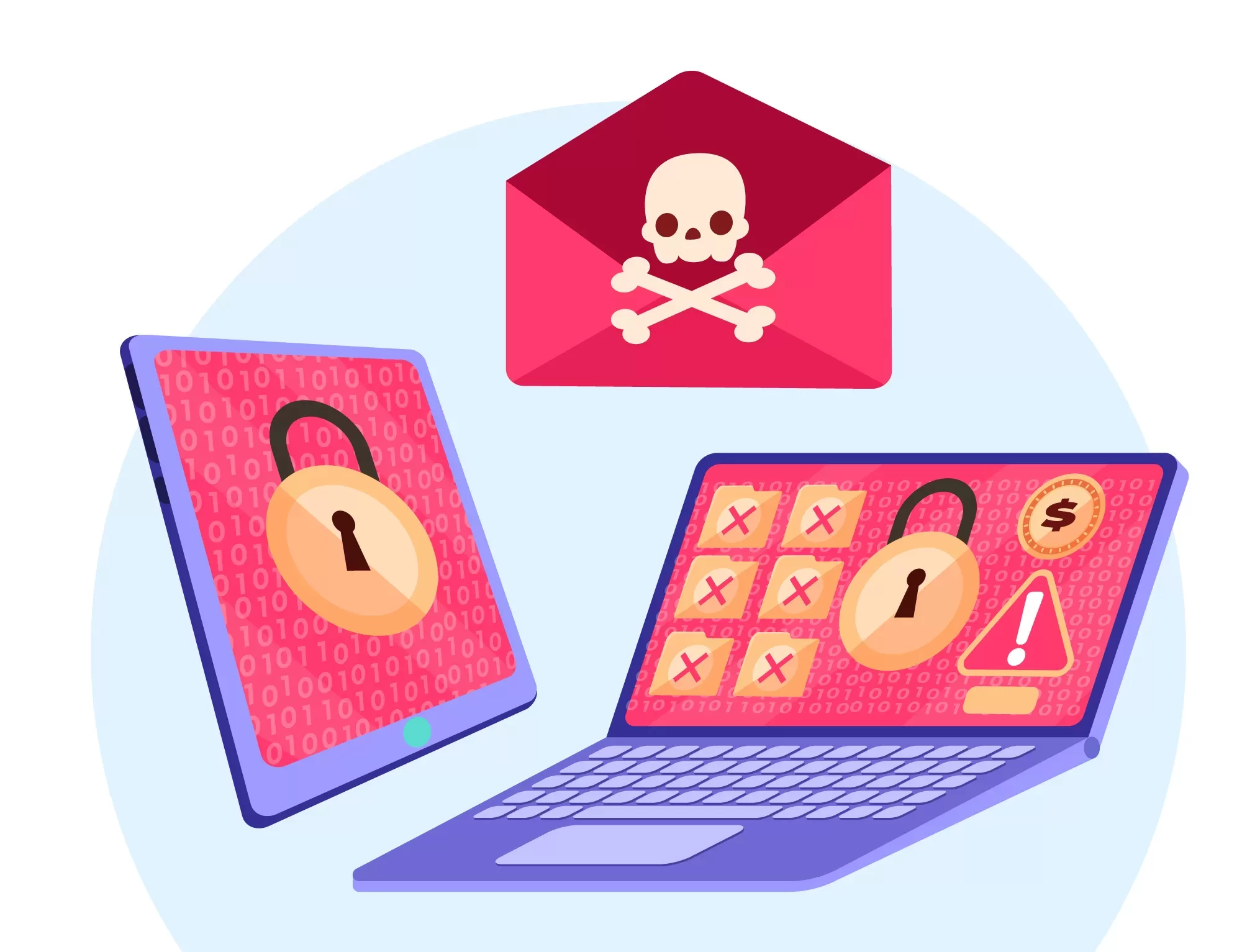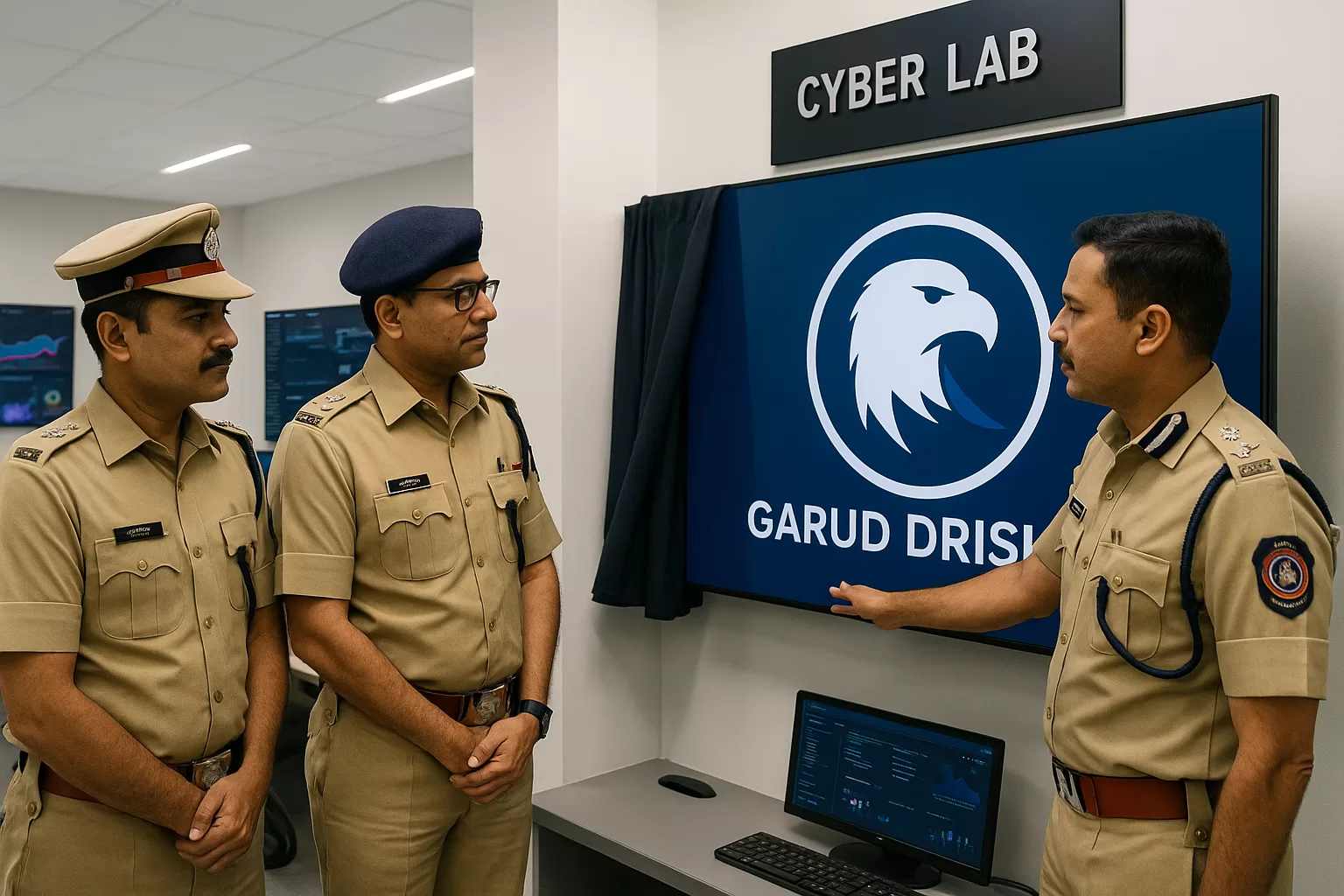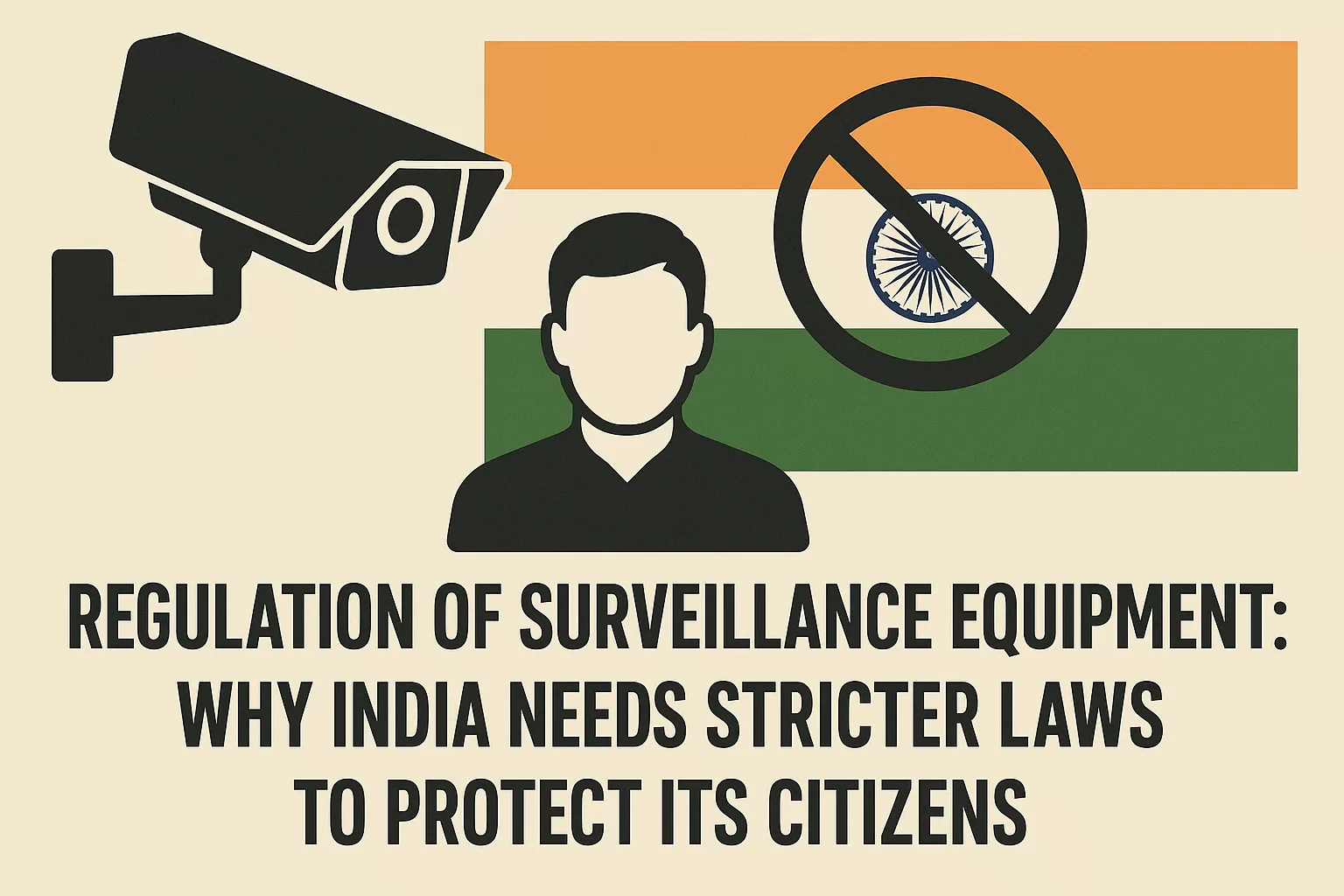
In today’s hyper-connected world, surveillance equipment like CCTV cameras, audio bugs, GPS trackers, and spy software have become disturbingly common—not just in law enforcement but also in homes, offices, shops, and even private relationships. While some of this technology helps improve safety, a growing number of people are falling victim to its misuse.
A Story Too Common
In 2024, Priya Sharma, a 28-year-old marketing executive in Delhi, discovered a tiny hidden camera installed in her rented apartment’s ceiling fan. She had no idea her daily activities were being watched and possibly recorded for months. The landlord was later arrested, but Priya’s trauma was irreversible. Hers is not a one-off case—such incidents are increasingly reported across India.
Why Regulation Matters
Currently, there is no comprehensive regulation in India that controls the sale, installation, and use of surveillance equipment by private individuals or small businesses. Almost anyone can walk into a store—or order online—a hidden camera disguised as a pen, a wall clock, or even a USB charger, with no questions asked.
This lack of oversight has created a dangerous environment where:
- Women are being spied on in PGs, hostels, and changing rooms
- Employees are secretly recorded at workplaces
- Partners track each other’s location without consent
- Cybercriminals use cameras and mics to blackmail or harass victims
Government Efforts – Still Not Enough
The Indian government has taken steps to regulate digital surveillance by law enforcement agencies through laws like the Information Technology Act, 2000, and specific provisions under the Indian Telegraph Act. However, there is little clarity or enforcement when it comes to private citizens using surveillance tools.
Moreover, the Personal Data Protection Bill, which aims to safeguard individual privacy, is still in development and does not directly address surveillance gadgets available in the market.
Black Market and Import Loopholes
Many of these gadgets are imported through grey markets from countries like China and Taiwan. In some cases, these devices come preloaded with spyware that can transmit audio and video data to foreign servers. These are a serious national security risk and should not be overlooked.
Scams Involving Surveillance Equipment
- Fake Security Setup Scams: Fraudsters approach home or shop owners offering cheap CCTV setups. Once installed, the system is remotely accessible by the scammer, who uses it to monitor properties and plan thefts.
- Phishing via Surveillance: Hidden cameras are placed in ATMs or hotel rooms, capturing sensitive information or footage used for blackmail.
- Relationship Abuse: In cases of domestic abuse or controlling partners, individuals install GPS trackers in phones or cars, and even bugs in clothing or accessories.
Preventive Measures: How You Can Stay Safe
Here are simple steps every citizen can take to avoid becoming a victim:
✅ Before Installing a Camera
- Hire certified professionals from registered vendors.
- Ensure you receive all documentation—invoice, warranty, and contact info.
- Change all default passwords on camera systems and never share access.
✅ Regular Inspection
- Regularly check your rooms, especially bedrooms and bathrooms, for suspicious objects.
- Use hidden camera detectors or flashlight techniques to spot lenses.
- In hotel rooms, unplug or cover digital devices like TVs or alarm clocks if unsure.
✅ Check for Apps and Trackers
- Routinely inspect your phone for unknown apps or settings that may share location or microphone access.
- Enable 2FA and keep your operating systems up-to-date.
✅ If You Suspect You’re Being Watched
- Inform the police and lodge an FIR under relevant sections of the IT Act and IPC.
- Approach cybercrime portals like cybercrime.gov.in or dial 1930 for immediate help.
What Needs to Change?
- Mandatory Licensing for dealers of surveillance gadgets.
- Stricter e-commerce guidelines to prevent sale of spy equipment to private citizens.
- Legal framework making it illegal to use hidden devices without consent.
- Public awareness campaigns on the ethical and legal use of such tools.
Conclusion
Surveillance technology isn’t evil by itself—it helps deter crimes, ensures workplace security, and supports law enforcement. But without regulation, it becomes a tool for harassment, exploitation, and crime.
It’s time for India to implement strict laws around the sale and use of surveillance equipment and protect its citizens from the invisible eyes that lurk in the name of safety.
If you or someone you know is a victim of surveillance abuse, reach out to the National Cyber Crime Reporting Portal or call 1930. Stay alert. Stay safe.


